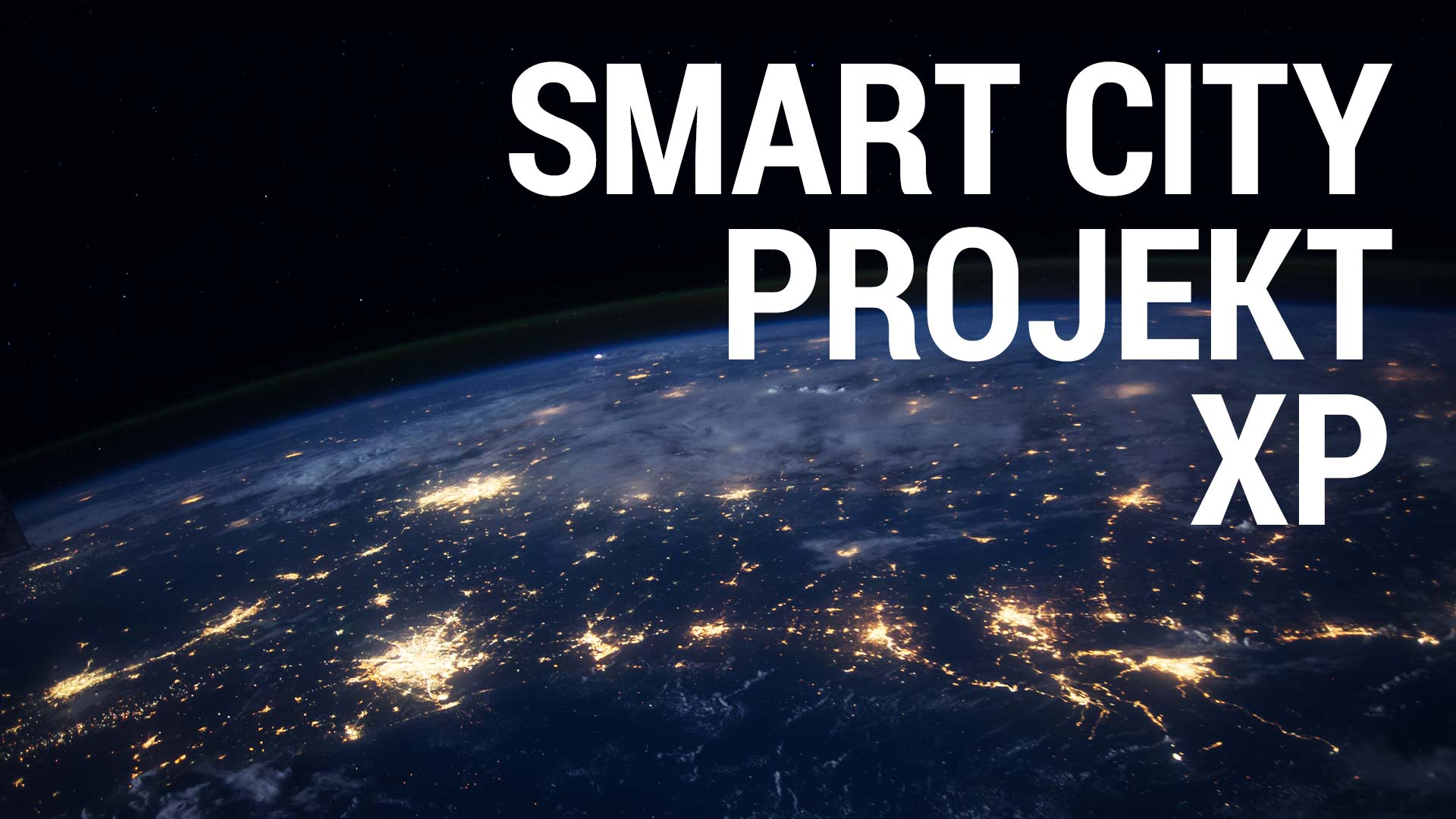In the Smart City Project XP (Ephemeral Computing Service Plattform) a digital platform for citizens is being developed.
One of the main goals of the project is to involve citizens as active participants in helping to shape the platform. For this purpose, special (“no-code”) tools are developed to publish services or apps on the platform. These tools do not require any programming knowledge and reduce the entry hurdle in app or service development.
Local retailers also benefit from the platform: retailers can offer services and thus address a local customer base.
The platform is implemented as an ephemeral computing service platform. It is a synthesis of edge and serverless computing in the area of the Internet of Things:
- Pop-up apps (for short: PopApps): Apps that “pop up” as required and that can be used without installation (also called ephemeral apps). E.g. for tourist information, pop-up stores, markets, events, etc.
- Local info platform: Information about the region (e.g. pop-up stores, markets, services) is displayed on the platform. Citizens can use the platform to offer their own services (e.g. consulting, childcare, etc.).
- Local community services: Digital service points are distributed to make local community services available directly on site. E.g. Reservation of sports facilities, feedback (e.g. message to the municipality / city) or as an outlet for general municipality information (e.g. construction sites, timetables, announcements, “interactive bulletin board”, etc.).
- Digital twin: Physical mailboxes are expanded with digital endpoints. In addition to physical things like mailings, digital “things” or services (e.g. apps) can be distributed locally to citizens.
As a follow-up project to the ITEA SOLOMON project, XP builds on technology such as MAMA or MPUS and uses results of SOLOMON for the implementation of the platform.
